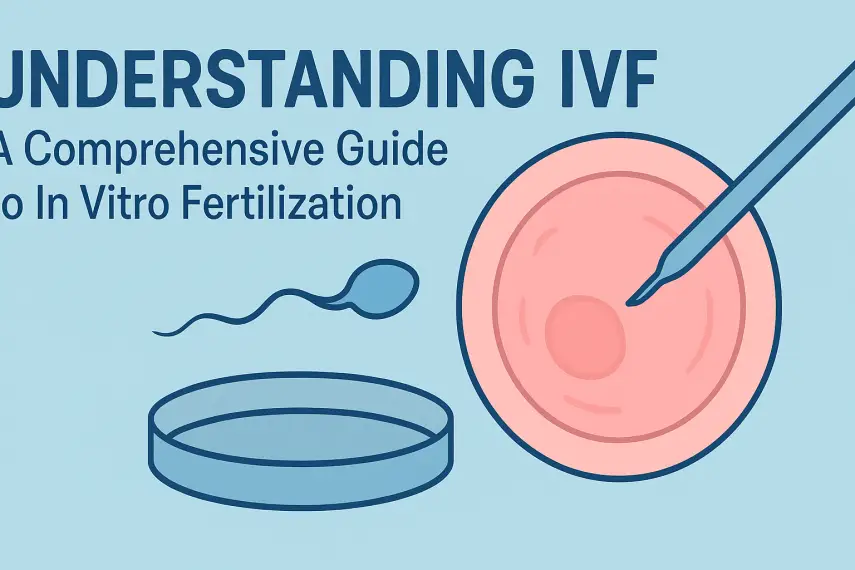
How to Build Trust in Your Relationship Today
📑 Contents
Introduction

Trust is often touted as the cornerstone of any successful relationship, whether it’s romantic, familial, or platonic. In a world where honesty and reliability are paramount, learning how to build trust in your relationship today can significantly enhance emotional intimacy and overall satisfaction. From open communication to shared experiences, there are numerous strategies you can employ to foster a trusting environment with your partner. Let’s explore practical ways to strengthen this essential bond.
Understanding the Importance of Trust

Before diving into how to build trust, it’s crucial to understand why it matters. Trust not only serves as the foundation for emotional security but also enhances communication, intimacy, and relationship satisfaction. Here are some key reasons why trust is vital:
- Enhances Communication: Trust encourages open dialogue, allowing partners to express their thoughts and feelings without fear of judgment.
- Increases Intimacy: When trust is present, partners are more likely to share personal experiences, leading to deeper emotional connections.
- Boosts Relationship Satisfaction: Couples with high levels of trust report greater satisfaction and longevity in their relationships.
Practical Steps to Build Trust

Building trust takes time and consistent effort. Here are some practical steps you can take today:
1. Open Communication
Effective communication is the bedrock of trust. Here’s how to enhance it:
- Be honest about your feelings and thoughts.
- Practice active listening—show genuine interest in your partner’s perspective.
- Avoid interrupting and allow time for your partner to express themselves fully.
2. Be Reliable
Consistency fosters trust. To be reliable, consider:
- Following through on promises and commitments.
- Being punctual and respecting your partner's time.
- Communicating proactively if you cannot meet an obligation, rather than leaving them in the dark.
3. Share Vulnerabilities
Sharing personal stories can deepen your connection. Here’s how:
- Open up about your fears, dreams, and past experiences.
- Encourage your partner to share their vulnerabilities in return.
- Create a safe space where both of you feel comfortable sharing without judgment.
4. Practice Forgiveness
Forgiveness is essential in rebuilding trust after a breach. Here are strategies:
- Acknowledge your feelings without placing blame.
- Discuss what happened openly and agree on steps to move forward.
- Allow time for healing, as rebuilding trust is a gradual process.
5. Spend Quality Time Together
Investing time in each other can strengthen your bond:
- Engage in activities that both of you enjoy.
- Try new experiences together to create shared memories.
- Prioritize regular date nights to nurture your connection.
Building Trust in Different Stages of a Relationship

Trust may need to be approached differently depending on the stage of your relationship. Here’s a brief overview:
| Relationship Stage | Trust-Building Focus |
|---|---|
| New Relationship | Open communication and setting expectations. |
| Established Relationship | Reliability and vulnerability in sharing. |
| Recovering from a Breach | Forgiveness and rebuilding steps. |
Common Trust Issues and How to Overcome Them

While building trust is a positive endeavor, it’s vital to recognize challenges that may arise:
1. Jealousy
Jealousy can erode trust. To combat it:
- Communicate openly about insecurities.
- Set boundaries that both partners agree upon.
- Focus on building individual self-esteem.
2. Past Betrayals
If past experiences affect current trust, consider:
- Discussing past hurts openly with your partner.
- Seeking professional help if necessary.
- Focusing on the present relationship rather than past mistakes.
3. Lack of Communication
When communication falters, try these techniques:
- Schedule regular check-ins to discuss feelings and concerns.
- Practice active listening to understand your partner better.
- Utilize "I" statements to express feelings without blame.
Conclusion

Building trust in your relationship is a journey that requires commitment and effort from both partners. By focusing on open communication, reliability, and shared experiences, you can create a safe and nurturing environment for your relationship to flourish. Remember, trust is not built overnight, but with consistent actions and a willingness to be vulnerable, you can strengthen your bond and enhance your emotional connection. Start taking these steps today to build a more trusting and fulfilling relationship.
FAQ

1. How long does it take to build trust in a relationship?
Building trust takes time and varies based on the individuals and circumstances involved. Consistent positive interactions can accelerate this process.
2. What are some signs that trust is lacking in a relationship?
Signs may include frequent misunderstandings, lack of communication, jealousy, and avoidance of deep conversations.
3. Can trust be rebuilt after a betrayal?
Yes, trust can be rebuilt with open communication, forgiveness, and time. It often requires both partners to commit to the process.
4. Is it normal to have trust issues in a relationship?
Yes, many people experience trust issues, often stemming from past experiences. Addressing these openly can help strengthen the relationship.
5. How can I encourage my partner to be more trustworthy?
Lead by example by being reliable and open, which may encourage your partner to reciprocate.
6. What role does vulnerability play in building trust?
Vulnerability fosters deeper connections and shows that both partners are willing to share their authentic selves, which can enhance trust.
7. Can trust issues be resolved without professional help?
Many trust issues can be addressed through open communication and mutual effort, though professional guidance may be beneficial for deeper issues.
8. What should I do if my partner doesn’t trust me?
Have an open discussion to understand their concerns, work on building trust through consistent actions, and be patient as they process their feelings.











